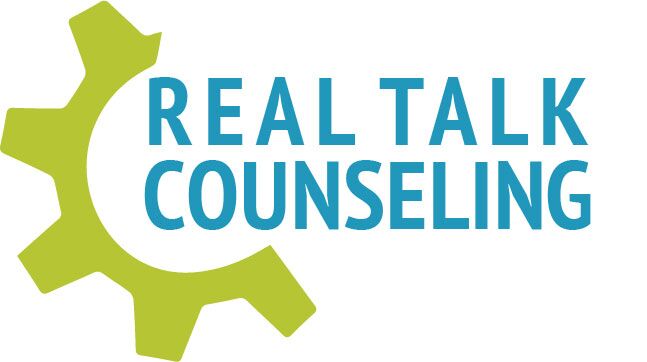How to Recognize and Address Anxiety Symptoms in Your Professional life
At Real Talk Counseling, we are always working with patients who are dealing with anxiety and its effects on their personal and professional lives. Anxiety is considered a normal reaction to stressors in life, but when it becomes overwhelming and interferes with one's quality of life or daily activities, it can be considered a mental health disorder that may require professional assistance to address. Our team in Charlotte, North Carolina, can guide patients through their causes of anxiety and assist in controlling it before it becomes a significant issue in their day-to-day lives--and their mental health and wellness. Let's discuss how to recognize anxiety in your professional life and ways of dealing with anxiety to reduce or even eliminate it when possible.
Recognizing signs of anxiety in your professional and personal lives
Anxiety symptoms can manifest differently for everyone, but some common signs to look out for include:
Feeling constantly worried or on edge
Difficulty concentrating or making decisions
Physical symptoms like muscle tension, fatigue, or headaches
Avoiding certain tasks or situations due to fear or worry
Difficulty sleeping
Irritability or mood swings
Changes in appetite or weight
Racing thoughts or feeling overwhelmed
What can trigger anxiety at work?
In your professional life, you may notice certain triggers that bring on feelings of anxiety. It could be a heavy workload, difficult coworkers or bosses, high pressure deadlines, public speaking, or even job insecurity. These stressors can manifest as physical and emotional symptoms, making it difficult to perform at your best in the workplace.
How to take action against workplace-related anxiety
Our team at Real Talk Counseling has compiled a few ways that our patients can take action against anxiety in their professional lives. These include any of the following considerations:
Discussing concerns with your boss. One way to address anxiety in the workplace is by having an open and honest conversation with your boss. This can help them understand your concerns and potentially make changes to reduce your stressors.
Practicing self-care. Taking care of yourself both physically and mentally can greatly impact your ability to manage anxiety in the workplace. Make sure you are getting enough rest, eating well, and finding ways to relax outside of work.
Learning coping strategies. Our therapists can provide you with tools and techniques for managing anxiety in the moment, such as deep breathing exercises or mindfulness practices. These special techniques can be useful in high-stress situations at work.
Setting boundaries. It's important to set boundaries for yourself at work, whether it's limiting your work hours or learning to say no to certain tasks that may cause you undue stress. It is perfectly okay to prioritize your mental health and well-being.
Seeking professional help. If anxiety is significantly impacting your daily life and ability to function at work, it may be time to seek professional help. Our therapists can provide personalized treatment plans and support for managing anxiety in both personal and professional settings.
Learn more about early intervention regarding workplace anxiety!
Recognizing and addressing anxiety symptoms in your professional life is crucial for maintaining an appropriate and healthy work-life balance and overall well-being. By understanding triggers, taking action, and seeking support from professionals when needed, individuals will be able to effectively manage their anxiety and thrive in the workplace. Remember, you are not alone, and we are working to help to break the stigma surrounding one's mental health and wellness in professional settings. Call (980) 939-0991 or complete this form to connect with one of our therapists at Real Talk Counseling to get the assistance you need in addressing your anxiety.



